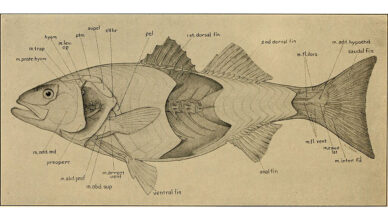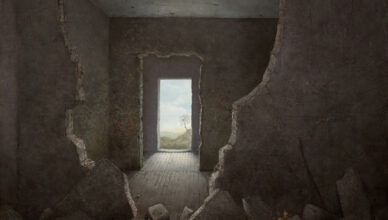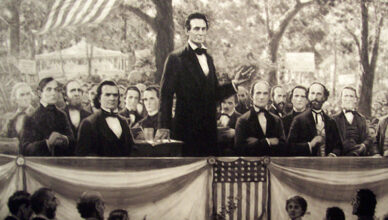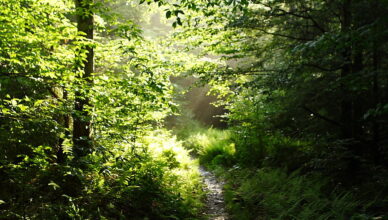
On the Formation of Clouds
Brian Turner
Late in 2017, with a breeze off the Bay of Bengal stirring through the tongue-shaped leaves, I sat under an ancient banyan and listened to the voices of birds I couldn’t name while that banyan moved imperceptibly closer to the waters of the Indian Ocean.
I recorded the birds in the branches as they called out to one another. I recorded the birds as they flew away and as they rowed their wings through the morning air and as they made their way into canopies of light and shade. I thought about where I was on this planet, and just how lost I was in my life. ...








